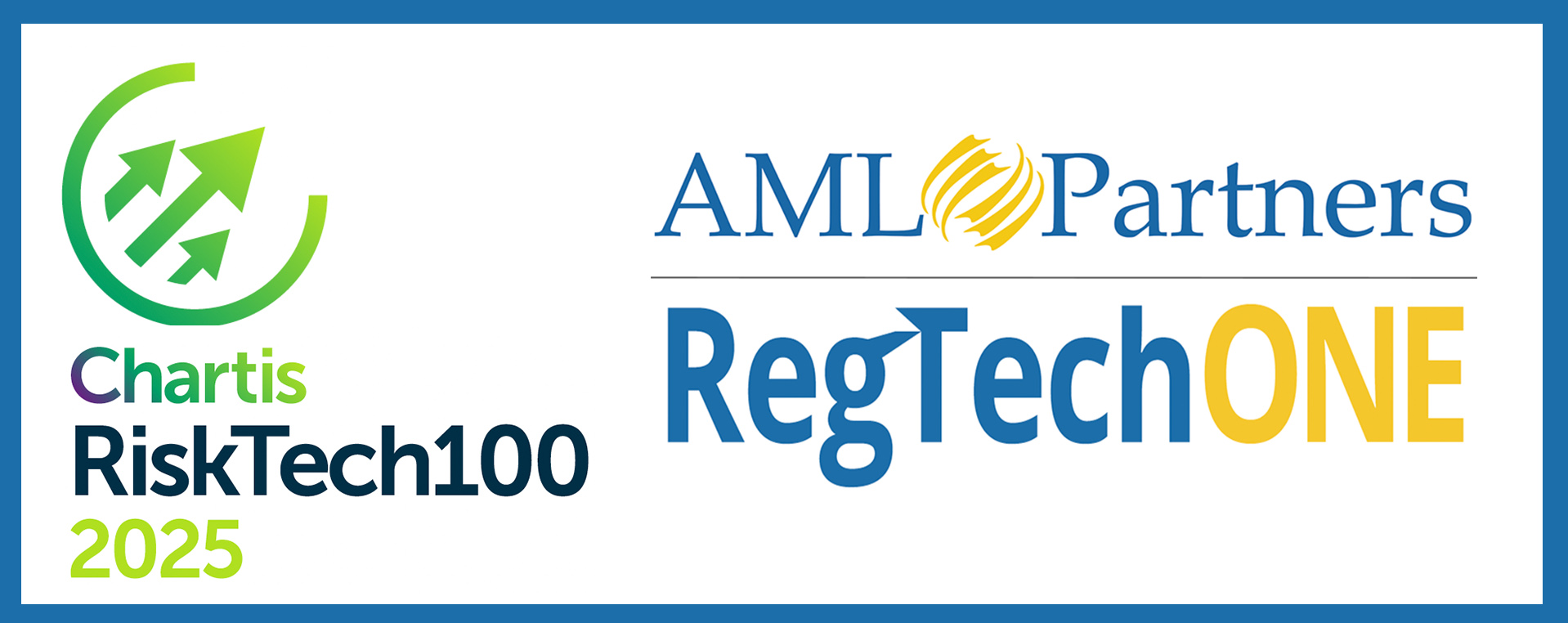
New OFAC rules for records retention
In March of 2025, OFAC extended its sanctions-related recordkeeping requirement from five to 10 years. This OFAC record-keeping change directly impacts how compliance teams manage data, driving up storage needs and demanding tighter audit controls. Rather than view this as a burden, savvy firms recognize it as proof that they need a compliance platform built for flexibility, deep integration, and rapid configuration.
Rule implications: Complexity meets scale
Ten years of transactional, screening, and remediation data multiplies file volumes and intensifies scrutiny. Examiners expect instant access to any record within that decade. At the same time, organizations operating in multiple jurisdictions face conflicting requirements—like the EU’s GDPR five-year deletion rule. Handling these gaps with point solutions or manual workarounds leads to risk, delays, and cost overruns.
Core RegTech requirements
To master changes like these, institutions benefit from three core capabilities in their compliance stack:
1. Automation to capture and archive every compliance event without manual effort.
2. Integration to unite KYC profiles, transaction logs, and sanctions-screening results in a single, searchable repository.
3. No-code configurability to adjust retention rules, legal holds, and exception workflows on the fly—without touching source code.
Automation: From data capture to audit trail
A robust RegTech solution automates data ingestion from all sanctions-screening engines, alert workflows, and remediation logs. It timestamps each action and stores it in a unified ledger. Automation frees compliance teams from spreadsheets and file-transfer scripts, ensuring no record slips through the cracks when regulators come knocking.
Integration: One source of truth
When KYC, transaction, and sanctions data live in separate silos, teams chase fragments instead of managing risk. A well-integrated platform ingests data from multiple systems—core banking, screening vendors, case-management tools—and presents it through a single interface. That unified view lets you search, filter, and report across ten years of activity in seconds.
No-code Configurability: Adapt at the speed of regulation
Regulatory mandates evolve. Nations tweak privacy laws, OFAC updates sanctions lists, and internal policies shift with new risk appetites. No-code workflows on a robust Risk Management platform helps Compliance leaders redefine retention schedules and workflow steps through visual editors. You can configure workflows to require a 10-year hold on U.S. sanctions data, a five-year purge on EU customer questionnaires, or a legal hold on a high-risk cohort—all with drag-and-drop simplicity.
Building Compliance resilience
By prioritizing automation, integration, and no-code configurability, firms transform a challenging mandate into a competitive edge. They reduce manual errors, accelerate audit responses, and stand ready for the next regulatory change—whether it comes from OFAC, FinCEN, or a global privacy authority.
Equip your team for tomorrow
OFAC record-keeping rules underscore the limits of legacy processes and the need for a flexible, modern compliance platform. RegTechONE delivers the automation, integration, and no-code tools Compliance teams require to meet today’s mandates—and tomorrow’s unknowns. Ready to strengthen your data-retention strategy? Let’s talk about how flexible RegTech can power your compliance transformation.


